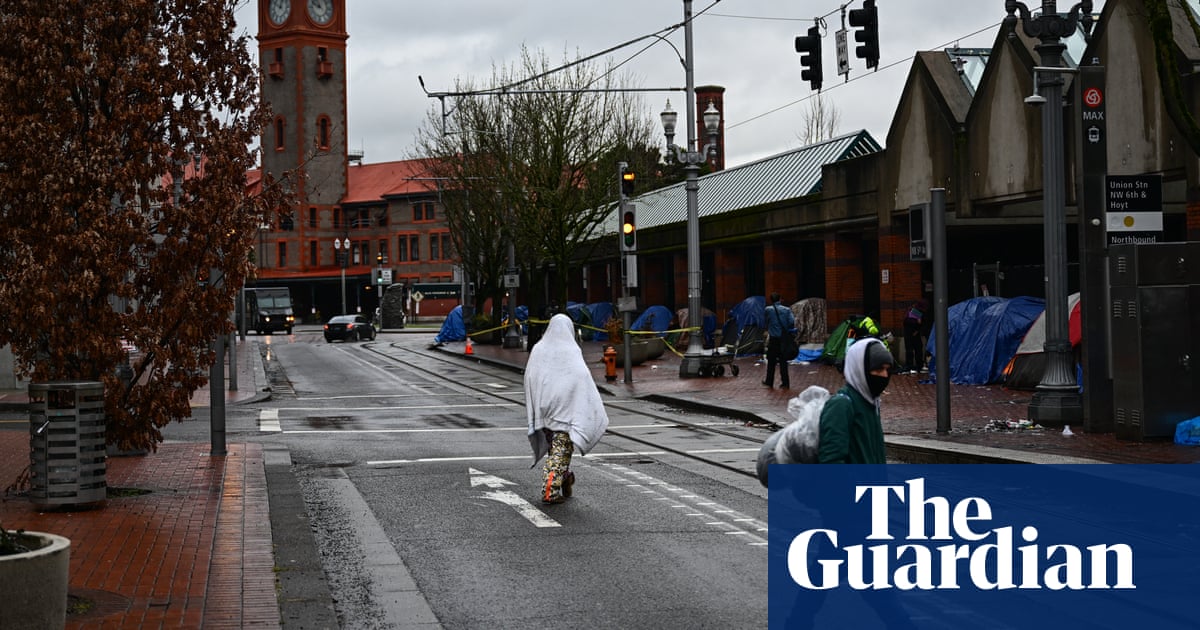Measure 110, an experiment approved in 2020, gets overhauled as state grapples with fentanyl crisis and growing public drug use
Oregon lawmakers have moved to reintroduce criminal penalties for the possession of hard drugs, in effect ending the state’s groundbreaking three-year decriminalization experiment.
In 2020, nearly 60% of voters moved to decriminalize the possession of small amounts of illicit drugs with the passage of Measure 110, but the new law had grown increasingly controversial as the state grappled with the fentanyl crisis and growing public drug use.
Lawmakers had recently reached a bipartisan deal to undo a key aspect of the law and make minor possession a misdemeanor, while also allocating millions of dollars toward specialty court programs as well as mental health and addiction treatment.



Okay, I’m not interested in the big retailers because they made a lot of noise lying (yes, lying) about big increases in national theft rates. This could easily be part of the same narrative that they’ve been using to shutter stores without scaring the shit out of shareholders.
I will listen to small businesses. So, the next thing we need to know is we need burglary statistics from other big cities in the pacific region outside of Oregon to determine if the increase is statistically significant or if it’s just noise. 19 other cities is the minimum of what we need. I think the FBI has publicly available crime data in a machine readable format, I’ll see if I can’t run it down. If we get a P-value < 0.05, there’s less than a 5% chance that the null hypothesis (Oregon’s property crime isn’t meaningfully different from the nation) is true. If I have the time to do it, I’ll get back to everyone with what I’ve found.